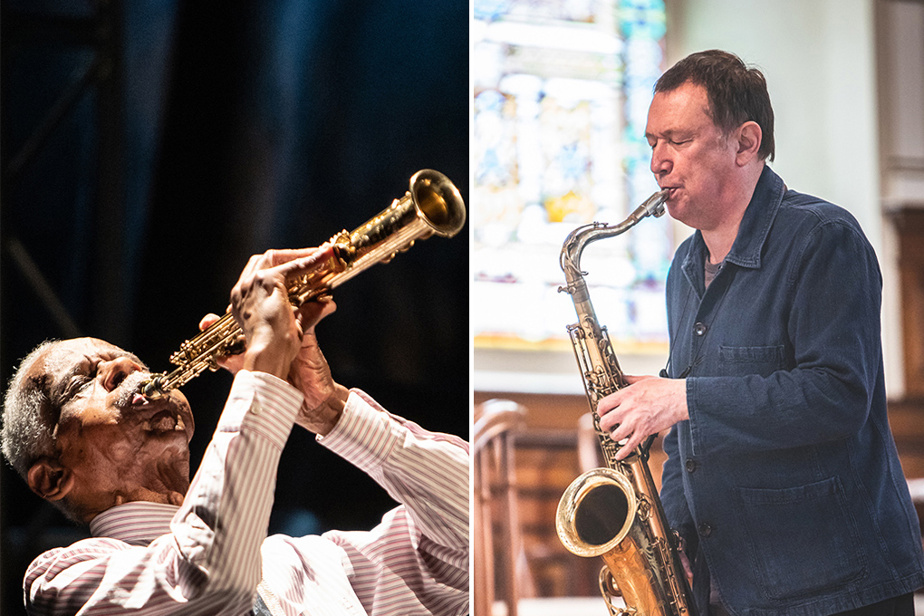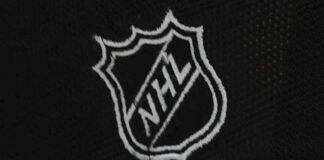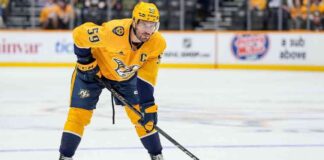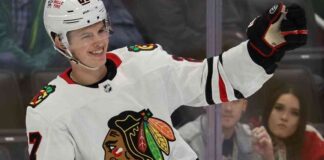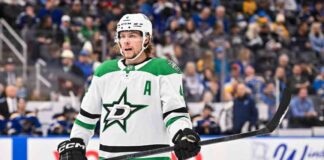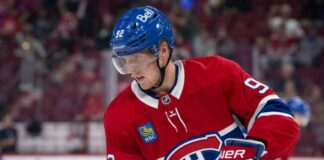I was at school, around 16. We went to my brother’s friend’s house, who had a sax. I loved the sound. He took me to a store to try some. I bought one right away and then started learning on my own.
I was a fan of jazz, but I felt that it wasn’t really my music. That it was someone else’s music. I felt that I would be more honest by pushing towards experimentation. The good thing about the saxophone is that it is flexible and can be used to play all kinds of music. One musician I greatly admired was guitarist Derek Bailey. When I was younger, he often played in London. He had found a way of playing that I had never heard before.
It’s improvised music, created in real time. Music where you take the audience on a journey with you, at the same time as you discover this music yourself.
A form of collaborative experience. There is also the exploration of new sounds, new ways of using them. These sounds induce another way of creating. It can be very exciting… These days, I try to go on stage with as empty a mind as possible. After a certain time, there is a transfer that takes place between conscious work and unconscious work. I make decisions without even knowing I’m making them. It’s not like normal life. When I play, it’s one of the rare places where I’m entirely in the present moment.
You should not underestimate the person listening. People are often more open than we think. If you can show them something else, curiosity will often win out. When we encounter something we don’t understand, we can see it as a threat, but we can also see it as an invitation…
In general, I improvise 80% with things I know and 20% with things I don’t know… I’m satisfied when I feel I’ve achieved a good balance between the two. This is what keeps the music alive. When we play, we are certainly not looking for the perfect performance. We’re looking for something lively, authentic and with good sound!
I will be in a duo with pianist Sophie Agnel. Sophie has managed to combine the world of the keyboard and that of direct action on the strings. She works on the keys, but also with objects, her fingers, inside the piano, in the tradition of John Cage and Henry Cowell. It’s a fertile world for improvisers. Because it makes the instrument become more than a musical typewriter. You can sculpt the sound more. This is also what I try to do with my saxophone. This will be our fifth performance together. Completely improvised. I think we trust each other. That’s the key…

